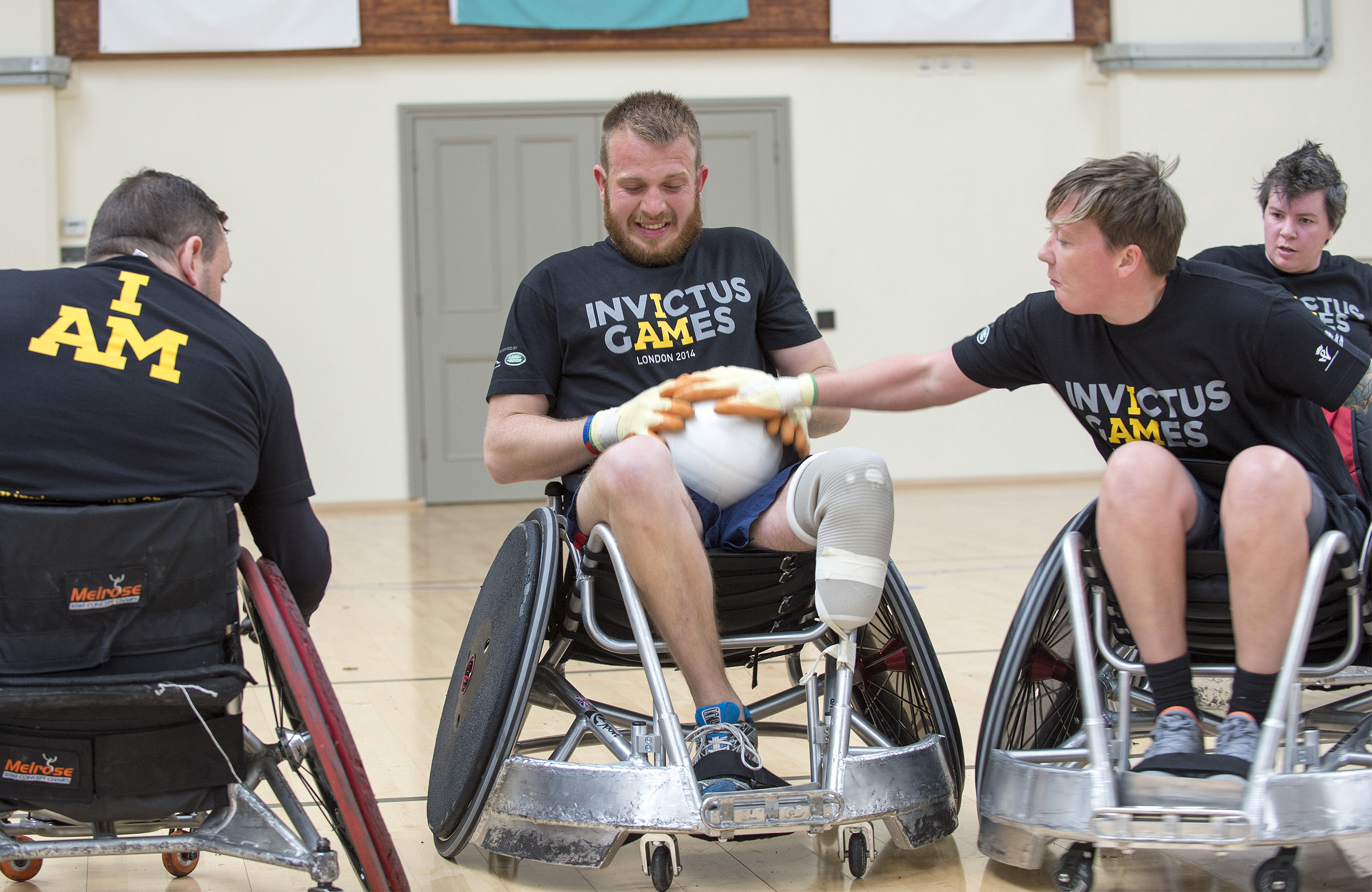The Defence Recovery Capability was first created in response to the high number of returning casualties from operations Telic and Herrick in Iraq and Afghanistan. Medical advances meant that more complex cases, with previously non-survivable injuries, were returning home and requiring care.
The UK rapidly developed a capability to deal with these casualties. MoD and charity partners made a commitment to develop and deliver appropriate care and support. The capability consists of a wide range of activities from several providers and is a co-ordinated, combined effort of MoD, NHS and Service charities. Personnel Recovery Centres (PRCs) and Personnel Recovery Units (PRUs) were created.
The Army Recovery Capability (ARC) was established in February 2010 in partnership with The Royal British Legion and Help for Heroes, and supported by the combined efforts of Service charities to create tailored Individual Recovery Plans that set out a recovery pathway for every wounded, injured or sick Service person. The capability was initially structured to support 1,000 troops, with the flexibility to expand to cater for up to 1,700 wounded injured and sick service personnel if required.
The Capability’s focus is on the provision of non-clinical support, which is closely linked to the clinical pathway that Serving personnel are on. The ARC’s mission statement remains: to enable, within a conducive military environment, the swiftest return to duty or supported transition to a civilian life for all wounded injured and sick service personnel; in order to deliver the optimum recovery outcome for the service person and maximise deployability in direct support of the Army’s Main Effort.
Whilst the majority of wounded injured and sick personnel remain in their units for recovery management, those identified with complex clinical and recovery needs are assigned to one of four PRUs covering the UK and overseas bases. Each PRU commands a dedicated PRC, with its own dedicated military team who deliver bespoke recovery training, vocational and life skills courses to enhance their recovery outcomes. The Personnel Recovery Centres in Catterick, Colchester and Tidworth were built and previously managed by Help for Heroes. The Personnel Recovery Centre in Germany, now closed, and the original pathfinder Recovery Centre in Edinburgh were funded by the Royal British Legion. All Recovery Centres also act as a hub for agencies and charities to provide specialist advice, support and other recovery activities.
For those unable to return to duty, Veterans UK provide additional support to help former Service personnel get appropriate support from government, local authorities, independent bodies and the charity sector. The Career Transition Partnership helps personnel to successfully transition to employment or vocational work. For the most complex cases this include one-to-one support of a specialist employment consultant.
Lt Col John Henry, Commanding Officer of Personnel Recovery Unit North said:
“The PRU’s and PRC’s were pivotal to supporting those service personnel wounded or injured during the Op Herrick campaign and the lessons learnt have enabled the capability to evolve into a highly effective organisation, which continues to support those suffering significant medical issues – even to those who may now be suffering from long COVID.”
A Battleback centre was created in partnership with Royal British Legion, which still runs in Lilleshall, Shropshire. The centre runs bespoke courses aiming to demonstrate to soldiers what they are able to achieve rather than what they perceive their condition prevents them from doing. The course are centred around outdoor pursuits and the centre works with serving soldiers, veterans and families. It now runs virtual courses as well.
ABF The Soldiers’ Charity provided a recovery fund for anyone who was serving, for financial support, which was brought in at the very early stages of the programme. The Soldiers’ Charity is the national charity of the British Army, with almost £1m was given to the charity from those serving in the Army, in the last year alone.
Major General Martin Rutledge, chief executive of The Soldiers’ Charity, said:
“The operations in Afghanistan have been a significant part of the Army’s recent history – and the nation’s consciousness. As the Army’s national charity, we have been proud to step forward and support those who served in this conflict, including those who were wounded or the families of those who sadly died. The support from the public that we received during the Afghanistan deployments was incredibly generous and meant that we could fund initiatives that ultimately assisted the recovery of many.”




